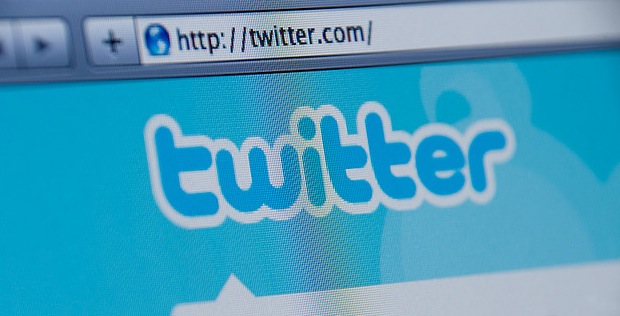U.S. judge upholds Twitter subpoena of Wikileaks' followers

The U.S. Justice Department will be allowed to access the information associated with the Twitter accounts of three Wikileaks' supporters.
Lawyers for the three Twitter account holders -- including Birgitta Jónsdóttir, a member of Iceland's parliament who had helped Wikileaks' release of a classified U.S. military video -- had argued that forcing Twitter to co-operate with the ongoing investigation would harm Twitter users' freedom of speech, invade their privacy, and could set legal precedence in other cases.

While the defence argued that the First Amendment rights were at risk, the judge ruled: "The sealed affidavit clearly sets forth specific and articulable facts showing reasonable grounds to believe that the information sought by the government was relevant and material to the investigation".
Agreeing with a similar ruling earlier in March, the federal district judge ruled late yesterday that the: "Twitter order did not violate the Constitution", adding that there was no evidence to show that the order violated federal privacy laws.
While the court order does not seek the content of the tweets themselves -- arguably in most cases, this is public information anyway -- but instead requests the IP addresses associated with the accounts, and any email address information held by Twitter.
The Stored Communications Act allows prosecutors to seek information held electronically without the need of a search warrant, or even probable cause. The government must show that it has belief that the content it seeks holds some relevance to an ongoing criminal investigation.
Worryingly, the court order handed down allows the government to keep secret any similar orders it may have sought from other social networking sites, with the defendant's lawyers speculating that other sites may have been targeted by similar requests.
The case originally came to light in January, when Twitter unsealed a secret request made by the U.S. government, which requested the Twitter accounts in an ongoing criminal investigation into the release of U.S. diplomatic cables by Wikileaks.
Mark Stephens, lawyer to both Wikileaks and Julian Assange, said that the original court order will also cover "the 600,000 odd followers that Wikileaks has on Twitter" -- including myself. @wikileaks now has over 1.2 million followers on Twitter.
With this decision, the court is telling all users of online tools hosted in the U.S. that the U.S. government will have secret access to their data", Jónsdóttir wrote in an email, distributed by the Electronic Frontier Foundation, a privacy advocacy group.
Twitter said earlier this year, in reply to a series of broken UK court issued super-injunctions, that the social media giant would "inform users of legal action" wherever possible, but would not defend their actions in court.
The court ruling can be found here.
Related:
- US subpoenas Wikileaks tweets, and why this could affect you
- 'Tech-injunction' gags Twitter, Facebook users: Why super-injunctions only apply to Britain
- Twitter 'will inform users of legal action', says European boss
- UK court 'subpoenas' Twitter for names of super-injunction tweeters
- The Fourth Amendment doesn’t protect email as much as You might think
- CNET: DOJ wins access to WikiLeaks-related Twitter accounts